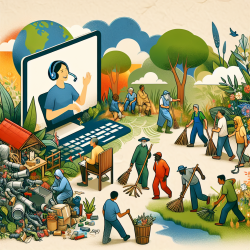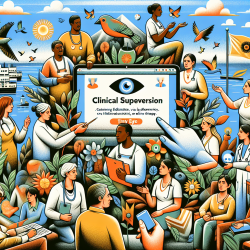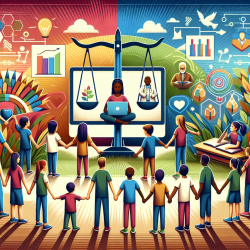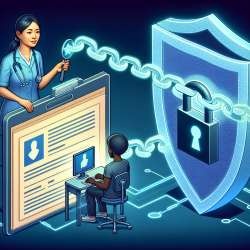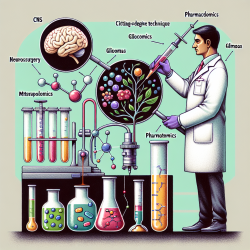Solid waste management has become a critical issue in urban environments, especially in the global South, where informal waste pickers play a significant role. A recent research article titled "Waste Pickers and Their Practices of Insurgency and Environmental Stewardship" sheds light on how waste pickers in Argentina and Brazil have transformed waste management through grassroots learning and educational practices. As practitioners in the field of online therapy, there are valuable lessons to be learned from their experiences that can be applied to enhance our own practices.
Key Takeaways from Waste Pickers' Environmental Stewardship
Waste pickers, often marginalized and working under challenging conditions, have organized into cooperatives and networks to improve waste management. Their efforts have not only contributed to environmental sustainability but have also fostered social inclusion and empowerment. Here are some key takeaways from their practices that can be applied to online therapy:
1. Grassroots Learning and Social Movement Education
Waste pickers engage in grassroots learning, which involves sharing knowledge and experiences within their communities. This type of learning is informal, often occurring through everyday interactions and community meetings. For online therapists, incorporating grassroots learning principles can enhance the therapeutic process. This can be achieved by:
- Encouraging clients to share their experiences and insights during sessions.
- Creating community support groups where clients can learn from each other.
- Using real-life examples and practical exercises to make therapy more relatable.
2. Environmental Stewardship and Advocacy
Waste pickers act as environmental stewards by educating the public about waste management and advocating for sustainable practices. This involves:
- Engaging in door-to-door education campaigns.
- Conducting workshops and presentations in schools and community centers.
- Participating in policy discussions to promote inclusive waste management practices.
Online therapists can take a similar approach by:
- Raising awareness about mental health issues through online platforms and social media.
- Organizing virtual workshops and webinars to educate the public about therapy and mental well-being.
- Advocating for policies that support mental health services and accessibility.
3. Building Empowerment and Agency
Waste pickers have used their agency to challenge social stigmas and advocate for better working conditions. They have created new spaces for dialogue and participation, which has led to significant policy changes. Online therapists can empower their clients by:
- Encouraging self-advocacy and helping clients develop the skills to voice their needs and concerns.
- Providing resources and tools that enable clients to take control of their mental health journey.
- Creating safe and inclusive virtual spaces where clients feel valued and heard.
Encouraging Further Research and Implementation
The practices of waste pickers in Argentina and Brazil offer valuable insights into how grassroots learning and environmental stewardship can lead to meaningful change. As online therapists, we can draw inspiration from their resilience and adaptability. By implementing similar strategies in our practice, we can enhance the therapeutic experience and contribute to a more inclusive and supportive environment for our clients. To read the original research paper, please follow this link:
Waste Pickers and Their Practices of Insurgency and Environmental Stewardship.
